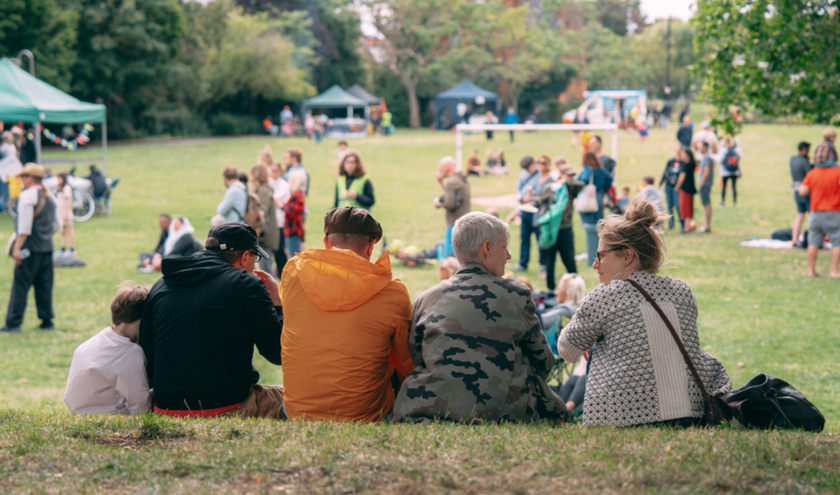Neighbourhood regeneration isn't really about buildings. It's about belonging. It's what's shared between us. The real foundations of our communities aren't just physical, they're social.
That ‘between' bit, that's social capital. It's not flashy. It doesn't make headlines. It's the invisible stuff that shapes our communities and brings people together to get things done.
It's the mum who runs the community centre on a shoestring. It's the neighbour who checks in when your bins haven't gone out. It's the WhatsApp group that pings when someone's lost their dog. It's the partnerships between residents, councils and community groups that create change people can see and feel.
Real, lasting change isn't made in Whitehall. It's made in youth clubs, community centres and high streets up and down the country.
That's what we heard loud and clear at the ‘Connecting Communities North East Social Capital Summit' hosted by 3ni and partners in Gateshead recently.
Some 350 people from local government and community organisations were there to be part of a movement for grassroots change in the neighbourhoods that need it most.
At 3ni, we believe neighbourhood regeneration isn't about doing things to places. It's about doing things with people. The government's new Pride in Place programme is exciting. But only if it lands where it matters – in the hands and expertise of people who know what makes their communities tick.
Real, lasting change isn't made in Whitehall. It's made in youth clubs, community centres and high streets up and down the country.
We know what works. Our experience and insights from Big Local, the country's biggest ever community-led regeneration project, taught us that investment in physical buildings alone isn't enough.
Building social capital creates the trust and relationships that help communities shape their own future.
And local government has a key role to play. Neighbourhood regeneration works best when local government works hand-in-hand with residents, adapting to what each place needs.
Some councils might need to draw on lessons from the past or apply the latest data and insight to the challenges facing our neighbourhoods.
If you'd like to find out more about how we're working with councils to put local people, expertise and insight at the heart of Pride in Place, please get in touch with dan@3ni.co.uk


